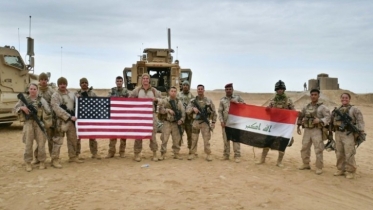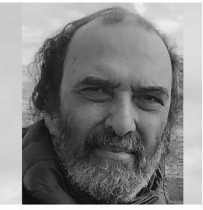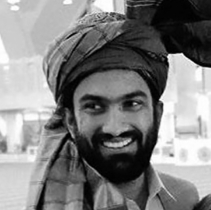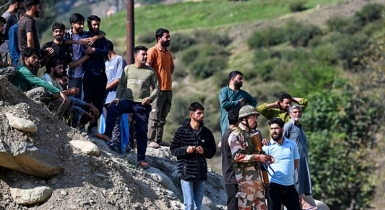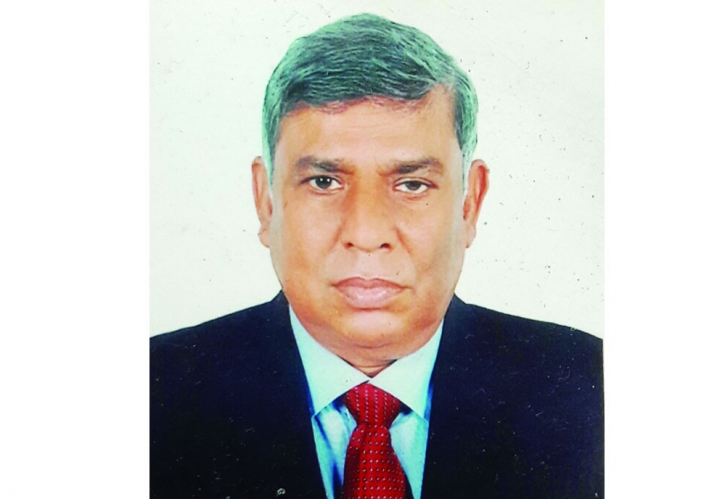
The British colonial government passed the Rowlatt Act on March 10, 1919 to suppress the growing movement of the Indians against British Colonial rule. The act gave powers to the police to arrest any person without any reason whatsoever.
The purpose of the Act was to curb the growing nationalist upsurge in the country. Mahatma Gandhi called upon the people to perform satyagraha against the act. Passed on the recommendations of the Rowlatt Committee and named after its president, Sir Sidney Rowlatt the act effectively authorized the colonial government to imprison any person suspected living in British India for upto two years without a trial, and gave the colonial authorities power to deal with all revolutionary activities.
During this turmoil situation, a protest meeting was called on April 13 of that year at the city's largest Jallianwalabag garden. in Amritsar, Punjab. That day was also the day of Baishakhi, one of the biggest festivals of Punjab. Although public gatherings were banned in Punjab at that time, due to the law, the park was filled with enthusiastic and angry people. . At the order of Acting General Reginald Dyer of the British Army, shots were fired at the protesters. Officially, 369 people died, but the actual number is thought to be much higher.
The Baishakhi moment of festival turned into 'Killer Baishakhi'. But news of such a barbaric massacre did not immediately spread across the subcontinent. A state of emergency was declared across Punjab. And the various censorship of the British government on newspapers was still in force. The news of Jallianwalabag came so late in Bengal. Shortly after the massacre, various shady realities and rumours began to appear in fragmentary form. But it was not possible to predict the severity of the situation..
CF Andrews, a close associate of Rabindranath Tagore worki9ng in Shantiniketan, then went to Delhi from Santiniketan. In a letter dated May 1, 1919, he briefed Rabindranath on the incident. Knowing this incident, Rabindranath was very shocked. Anger was burning like a fire in his mind and yet he was trying to keep his work outside normal. But at one time the news reached into the ears of Rabindranath Tagore in a full form. Then a protest plan came to Rabindranath's mind. The British government then banned residents of other areas from entering Punjab. Rabindranath thinks that if Mahatma Gandhi and he first go to Delhi and then try to enter Punjab, there will be a big protest. Even if they were arrested by the British administration, the spark of protest and public reaction would be even stronger. Tagore then sent CF Andrews to see if Gandhi would agree to the proposal. But Gandhi said no to Andrews.
When Andrews came back and told Rabindranath about this, the poet was stunned. However, he was not discouraged. When he did not get Gandhi with him, he thought that Bengal politician Chittaranjan Das would stand by his side. So he went to him on the afternoon of May 29. But like Gandhi, he also disappointed the poet. With great anguish and anger in his heart, Rabindranath decided on the same day that he would write a letter to the governor in protest of the Jallianwala Bagh massacre, relinquishing the title of knighthood given to him by the British government. The draft of that historic letter was made remaining sleepless about the whole night. The historic letter was:-
"The enormity of the measures taken by the Government in the Punjab for quelling some local disturbances has, with a rude shock; reveal to our minds the hopelessness of our position as British subjects in India. The disproportionate severity of the punishments inflicted upon the unfortunate people and the methods of carrying them out,we are convinced, are without parallel in the history of civilized governments, barring some conspicuous exceptions, recent and remote. Considering that such treatment has been meted out to populations, disarmed and resourceless by a power which has the most terribly efficient organization for destruction of human lives, we must strongly assert that it can claim no political expediency, far less moral justification. the accounts of the insults and sufferings by our brothers in Punjab have trickled through the gagged silence, reaching every corner of India, and the universal agony of indignation roused in the hearts of our people has been ignored by our rulers-possibly congratulating themselves for what they imagine as salutary lessons. This callousness has been praised by most of the Anglo-Indian papers, which have in some cases gone to the brutal length of making fun of our sufferings, without receiving the least check from the same authority- relentlessly careful in smothering every cry of pain and expression of judgment from the organs representing the sufferers.
Knowing that our appeals have been in vain and that the passion of vengeance is blinding the nobler vision of statesmanship in our government, which could so easily afford to be magnanimous as befitting its physical strength and moral tradition, the very least that I can do for my country is to take all consequences upon myself in giving voice to the protest of the millions of my countrymen, surprised into a dumb anguish of terror. The time has come when badges of honour make our shame glaring in the incongruous contest of humiliation, and I for my part wish to stand, shorn of all special distinctions, by the side of those of my countrymen, who, for their so called insignificance, are liable to suffer degradation not fit for human beings.
These are the reasons which have painfully compelled me to ask Your Excellency, with due reference and regret, to relieve me of my title of Knighthood, which I had the honour to accept from His Majesty the king at the hands of your predecessor, for whose nobleness of heart I still entertain great admiration."
Rabindranath in protest of the Jallianwalabag massacre wrote this letter of abandonment of knighthood caused a stir not only in the whole of Bengal but also in the whole country. But the strange thing is that even after such a single and courageous protest, various slanders and evil propaganda were started against Rabindranath. For example, on June 3, 2021, The Nayak, wrote in an editorial, "we don't know what Rabindranath has done for himself by rejecting the title, we must say that he has not been able to do any good to the country and the nation. We could not support his actions. "
Mahatma Gandhi himself in a personal letter called this 'burning' letter of Rabindranath 'premature'. On the other hand, another game was going on, some people on behalf of the English authorities sent some letters to the poet claiming that they were unable to take back the title of Rabindranath. Perhaps, the purpose of this deception was to confuse the poet. But the poet remains still in his position. In fact, he was able to calm down a lot by removing the tail of the English 'sir' from the front of the name. He was also quick to reduce the burden of the mind in writing this letter.
When the politicians of India chose to remain silent after the Jallianwalabagh massacre, Rabindranath's single protest by boycotting the Knighthood turned the world's eyes to this barbarism. However, Rabindranath was not in favor of indulging in counter-violence in protest of the killings. So it seems that 21 years after Jallianwala Bagh, on March 13, 1940, Michael O'Dwyer, one of the two masterminds of the London massacre, was assassinated by the revolutionary Udham Singh (who was later hanged by the British government).
The writer is Narail correspondent of The South Asian Times.
Email-malaynrl@gmail.com


